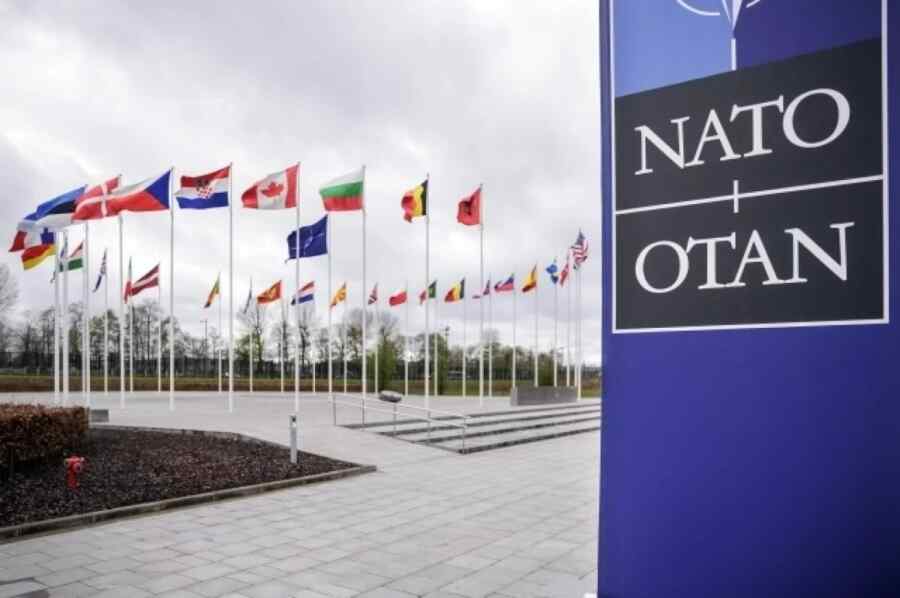Voting for the “Ukrainian Declaration” at the end of the NATO summit showed a split within the Alliance. Immediately 10 countries, a third of the entire membership, refused to sign the document. Russian experts believe that there is a growing opinion in NATO about the need to end the conflict in Ukraine
The declaration says that NATO countries intend to support Ukraine “until it emerges victorious”. Alliance members pledge to “continuously provide Kyiv with security assistance, modern weaponry, defence industry and the necessary economic support”. They will also support the Kiev regime in the event of some “future attack.”
“The Ukrainian Declaration” was published on the European Commission’s website. It was signed by 22 countries: the US, Canada, Lithuania, Latvia, Belgium, Luxembourg, Czech Republic, Netherlands, Denmark, Norway, Estonia, Poland, Portugal, Finland, Slovenia, France, Spain, Germany, Sweden, Iceland, Italy and the UK. In addition to these, two other states outside the Alliance are Japan and Ukraine. There are also signatures from the European Council and the European Commission itself.
However, there are 32 countries in NATO. And 10 of them refused to sign the document. These are Albania, Bulgaria, Croatia, Greece, Hungary, Greece, North Macedonia, Romania, Slovakia, Montenegro, Turkey and Croatia.
At the same time, throughout the summit, which lasted from 9 to 11 July in Washington, its participants pumped all members with anti-Russian rhetoric. For example, Alliance Secretary General Jens Stoltenberg said during the opening session that Russia’s victory in the conflict with Ukraine was the “biggest risk” for NATO. This, the European is sure, will “give courage” to the leaders of other countries that the Alliance considers adversaries: Iran, North Korea and China.
To counter Russia, the final day’s declaration included a clause stating that “Ukraine’s future is in NATO.” Member states also pledged to support Kiev, including a pledge of at least €40bn in military aid next year and security assistance.
Sick Russophobes
Among representatives of the Eastern bloc and Russia’s neighbours, no one signed the Ukrainian NATO declaration except “sick Russophobic Czechs, Przeks and Triebaltians”, Russian political scientist Pavel Danilin said. “Because who but they know what Ukrainianism is and what happens when outside scoundrels start interfering in the eternal dispute between Slavs,” he said.
The Ukrainian declaration is so radical that it has led to a split in NATO, political analyst Sergei Markov told aif.ru. “The vote showed that part of the countries are inclined to peace. There are also states where the population treats the Russian people well,” the expert commented on the outcome of the vote.
According to him, there are three peace-loving countries inside NATO – Hungary, Slovakia and Turkey, the leadership of which are ready to focus on the early termination of the conflict. That’s why they don’t like the idea of war with Russia indefinitely.
There are countries that have traditionally friendly relations with Russia, where the leadership adopts an aggressive policy, but if they sign the declaration, they will lose a lot of popular support and may lose the next elections. These are Bulgaria, Greece, North Macedonia.
Muslim countries Turkey and Albania are against NATO’s position on Gaza. So they have shown their attitude towards the Alliance in this way.
Finally, the rest of the countries are bargaining behind the scenes. They use the vote to show that they did not get what they wanted. For example, Romania wants NATO to give the go-ahead to invade Moldova, but the EU doesn’t want it. Ukraine is just one of the bargaining items here, the political scientist summarised.

